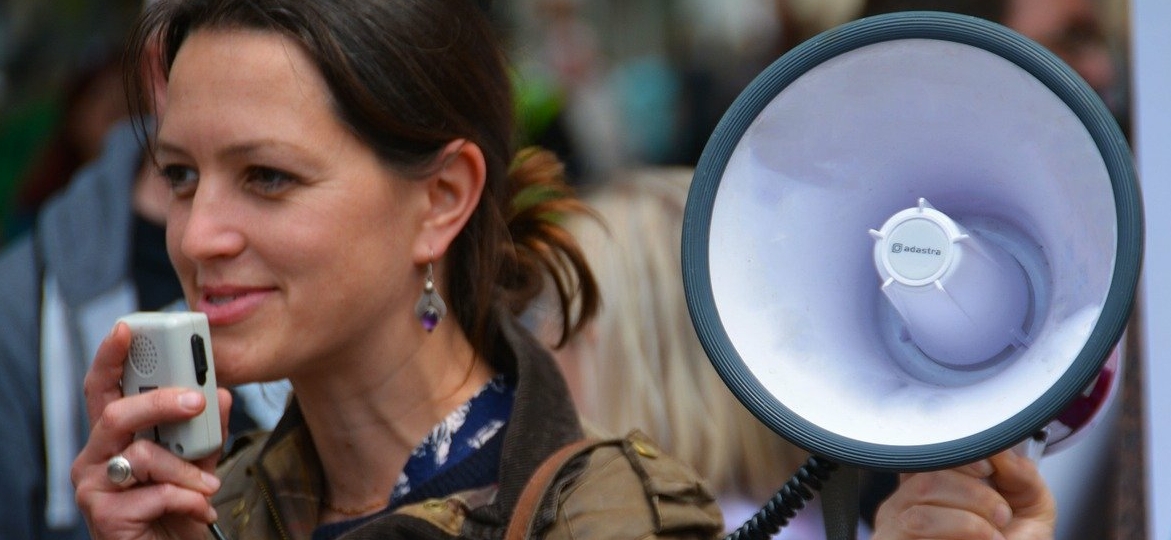Did you know that French was not that hard to learn? With the right tips and resources, you can master it in no time! In today’s new post, GlobalExam will show you 11 pieces of advice to make studying French easier such as:
- Study French with audio ressources
- Combine active and passive studying
- Translate as much as you can
- Make daily lists of words to learn
- Memorize important sentences
- Focus on a few skills at a time
- Study French fast online with General Français!
Now without further ado, let’s get into it!
11 Pieces of Advice To Make you study French easier
We all know how much important it is to study French, but what you need to know is that learning this language is also an awesome and enriching journey. It is filled with discoveries and there are so many things to learn. This language is so widespread that it will also allow you to travel the world, meet new people and discover the wonders of French culture.
So, let’s not wait any longer and start now to see what are the best 11 tips to follow!

Number 1: Study French with audio ressources
When you start to study a language, the main thing to pay attention to is the oral language. A language’s main purpose is to be spoken out loud. So when you start learning, you should get used to the oral language as soon as you can. To do so, find audio resources to help you get used to the sounds and pronunciation of the language you’re learning. You can find these resources via audiobooks, podcasts, songs or even videos (movies, series etc.). Trust us, this is one of the top tips to learn French fast.
Number 2: Ask for help
Remember to ask for help anytime you need. Don’t stay alone in your learning journey. Learning a language can be challenging at times and if you stay alone it will be more discouraging. There are tons of online resources for learning French such as the ones suggested by GlobalExam as well as websites and online libraries. All of these resources are here to help you so don’t hesitate to use them!
Number 3: Combine passive and active learning
So, first, what are passive and active learning? They’re simply two methods with which you can learn something: “active learning” is the traditional way of learning something: you read a lesson and do some exercises. This is called “active” because you actually have to think, memorize and focus on what you’re doing in order to learn. Passive learning is when we watch a series in another language. You’re not actively trying to memorise every line but you pick words and pronunciation from time to time. Listening to songs, reading books, talking to native speakers are all means to passive learning. Both methods have their pros and cons and you should definitely use them both. Learn as many lessons as you can but listen to podcasts and watch movies too, it is almost as important! This strategy works for everyone, even for learning French as a child.
Number 4: Learn the accents, one of the trickiest parts of learning French
No, we’re not talking about the accents you will hear if you travel to different French-speaking countries. We’re talking about the weird little symbols you can find sometimes above vowels. As they’re not very common in English (except for words that come from French such as “résumé”) they’re often a big difficulty for foreign learners. But don’t worry, they’re not that hard to learn! There are 4 different accents: accent grave ( è ), accent aigu ( é ), accent circonflexe ( ê ) and accent tréma ( ë ). They’re not all used on the same vowels so make sure you learn their differences and utilities. Don’t let them aside: they’re very important. These little symbols modify the pronunciation of the vowel but they can also change the meaning of a word, so make sure you know them by heart in order to avoid any confusion.
Number 5: Translate as much as you can from French to English and vice versa
Whenever you see a new word, write it down. look for its translation. When you do this, it makes you go to a dictionary, in which there are often synonyms or other words. This is a great way to build up your vocabulary base and improve your memorising skills. You can do this with songs you like, when you read a book, see a movie, listen to a podcast etc…
Number 6: Don’t let “false friends” fool you!
French and English have a very long common history and their languages are very closely linked. This is why you can often find French words in the English language and English words in French. But be careful: sometimes there are “false friends”. These words have a similar written form but don’t have the same meaning. Confusion is very easy with those! Here are some examples:
| EN | FR | French meaning |
|---|---|---|
| a coin | un coin | a corner |
| deceived | déçu | disappointed |
| sensible | sensible | sensitive |
| a blessing | une blessure | a wound |
Number 7: Pick a list of words to learn daily
Practise makes perfect! When it comes to learning, repetition is key and the more you repeat new words, the quicker you will memorise them. In order to learn tons of vocabulary, one of the best methods is to learn new words every day. You can start slowly with the “word of the day” where you learn a new word every day and then make lists you will learn every day. It can be 3 new words or 5, depending on how good you are at learning vocabulary. Each new week, try to pick words that are related to each other like synonyms or words that have a common theme: animals, means of transport, emotions etc. This will make it easier to learn them.
Number 8: Learn French by memorising whole sentences
One of the things you can do as a if you are learning French as a beginner is to try and memorize French sentences. Sentences can be from a book, a podcast or even an example you saw in a lesson. It will train your memory as well as help you learn vocabulary. Memorising sentences will also help you spot grammar structures more quickly: you will recognise them whenever you see them.
Number 9: Coose the skill you want to focus on
If you’re a complete beginner, it is always best if you can focus on reading and writing first. Reading French will develop your reading skills and you will become better at recognizing words, sentences, grammar structures and other important little things such as accents. The sooner you get used to them, the better it will be to learn more complex aspects of the language. Writing will help you to do just the same but will also train your writing skills: it will be easier for you to write and compose sentences. When you’re a bit more comfortable with writing and reading, you can start choosing another skill to train: listening or speaking. Training your listening can be really easy: you have tons of resources to help you do so. Training your ear to the French language can be a bit difficult at first so pick easy supports. The best is to find an audio file with its transcript (podcasts and audiobooks are the best for this.) Pick a book you’ve read already so you won’t get confused with the meaning and listen to the audio book while you’re reading (both in French!). This is a great way of helping you associate what you hear with what you read, in order to train your ear with the written and oral forms.
Number 10: Speak! As much as you can
Once you’re comfortable enough with these skills, try to speak. This is the time to put all of your skills into practice! If you can, the best way to practice your speaking skills and to become fluent in speaking French is to talk to a native speaker. But this is not always accessible so if you really can’t talk to someone: record yourself. Recording yourself is one of the best ways to improve your pronunciation. When you listen to yourself through a recording it is easier to spot where you need to focus in order to improve.
Number 11: Be coherent
Last but not least, be coherent when you’re learning and if it can help you, think about the reasons why it is important to study French. Consistency is key and this is valid for everytime you’re learning a new language, whether French or Spanish or even something else new. Keep in mind that it is way easier to learn when you’re consistent. It is way better to learn a little bit every day for a short period of time rather than learn for hours every three weeks. So get vocabulary words to learn every day, listen to French podcasts on your daily commute to work, translate your favourite songs and watch French series during the weekend. And don’t forget to get help from native speakers or online training platforms, such as GlobalExam.

Learn French online with Global General
Now that these 11 pieces of advice helped you get started in your learning journey, it’s time to present you a complete online solution that will help you get even further: Global General. Our online platform is perfect for beginners who want to learn a new language or for intermediate learners who want to train their skills and become fluent in their target language. Global General is an online training platform that will help you get better at learning French while having fun. It will give you access to:
- Academic training that is engaging and follows official learning guidelines.
- Detailed corrections to make sure you understand everything while you’re learning and testing yourself.
- A personal trainer that will follow your progress to make sure you learn at your own pace safely.
Global General is the perfect online training platform for all learners who want to learn in a safer environment that will listen to their personal needs.
What are you waiting for? Hop on with us and let’s learn French together!



